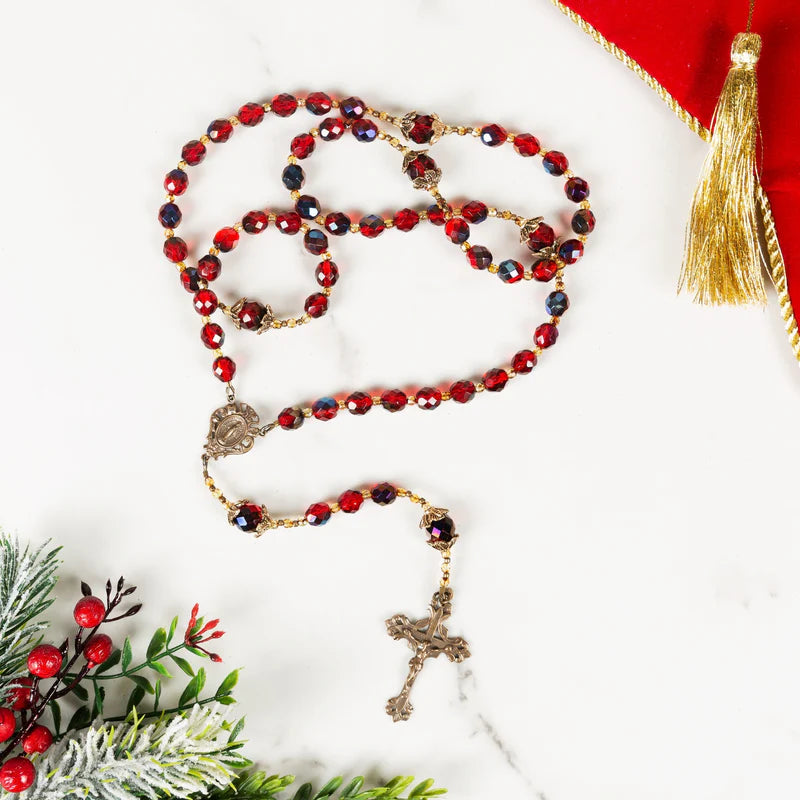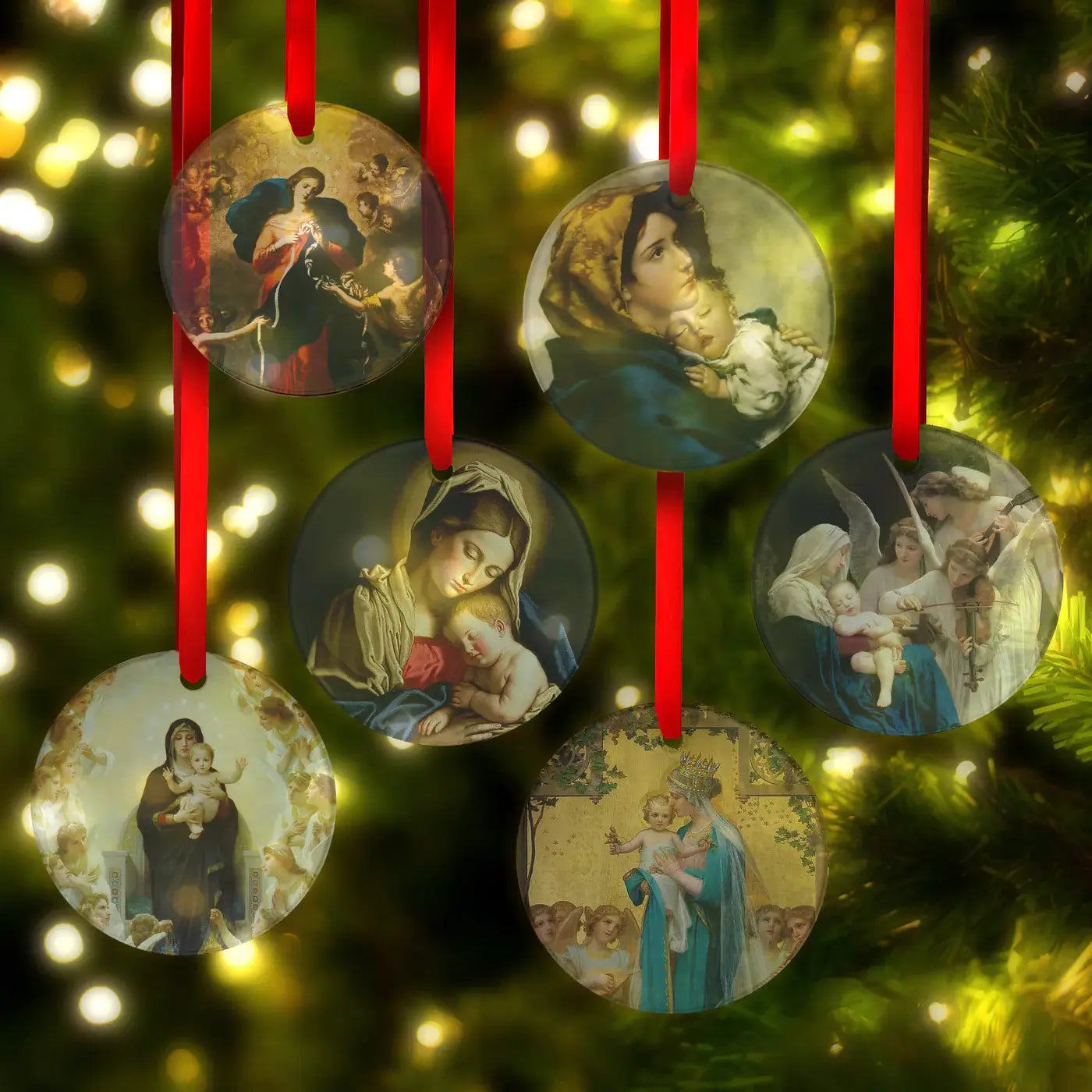 This is the last installment of the “Basic Mariology” series. If you haven't already, be sure to read "Basic Mariology - Part 1: The Immaculate Conception" and "Basic Mariology - Part 2: The Assumption of Mary"
This is the last installment of the “Basic Mariology” series. If you haven't already, be sure to read "Basic Mariology - Part 1: The Immaculate Conception" and "Basic Mariology - Part 2: The Assumption of Mary"
In this last blog of the series I will cover what it means that Mary was a perpetual virgin and why Roman Catholics, Eastern Orthodox, Oriental Orthodox, some Anglicans, and some Lutherans believe in the Perpetual Virginity of Mary.
What does it mean to say that Mary was a perpetual virgin?
The Perpetual Virginity of Mary means that she was a virgin throughout her life. She never had sexual relations with any man, including St. Joseph. Furthermore, Mary gave birth to no other child but Jesus Christ. The Perpetual Virginity of Mary also indicates that she took a vow of virginity. She gave the gift of giving of herself fully to another back to God as a sacrifice and out of love.
Why do many Christians believe that Mary was a perpetual Virgin?
Like the Assumption and Immaculate Conception of Mary, most Christians turn not to the Bible but to the early Church and Church Fathers as evidence for the perpetual virginity of Mary. Many notable Church Fathers proclaimed that Mary was “ever-Virgin” including Athanasius (293-272), Epiphanius (315-403), St. Jerome (345-419), St. Augustine (354-430), Origen (184-254), St. Cyril (376-444), and many others.
Early Church Fathers usually claimed that the “brethren of the Lord” (Matthew 12:46, Luke 8:19, Mark 3:31) were either children of St. Joseph from a prior marriage, or, more likely, cousins of Jesus (this was originally proposed by St. Jerome). The word translated into “brethren” or “brothers” is adelphos which can also be translated into cousins, or people united by a common interest. Consensus was reached in the early Church by the sixth century that Mary was indeed a perpetual virgin.
Fun Fact: The most important reformers of the Protestant Reformation, or the Big Three of Protestant theology as I like to call them (Luther, Calvin, and Zwingli), all upheld the Perpetual Virginity of Mary. And yet, today most Protestants do not believe that Mary was a perpetual virgin.
I hope that you have enjoyed this three part series on Mary the Mother of God and what we hold as true about her. All the glory, honor, and respect we give unto Mary stems from Christ, her savior and our savior. Thank you for reading and I encourage to develop a deeper and fuller love of Mary, God’s mother and your mother. Many feel particularly close to her in the rosary. What is your relationship with the Blessed Mother? Have you learned anything from this three part series?





















